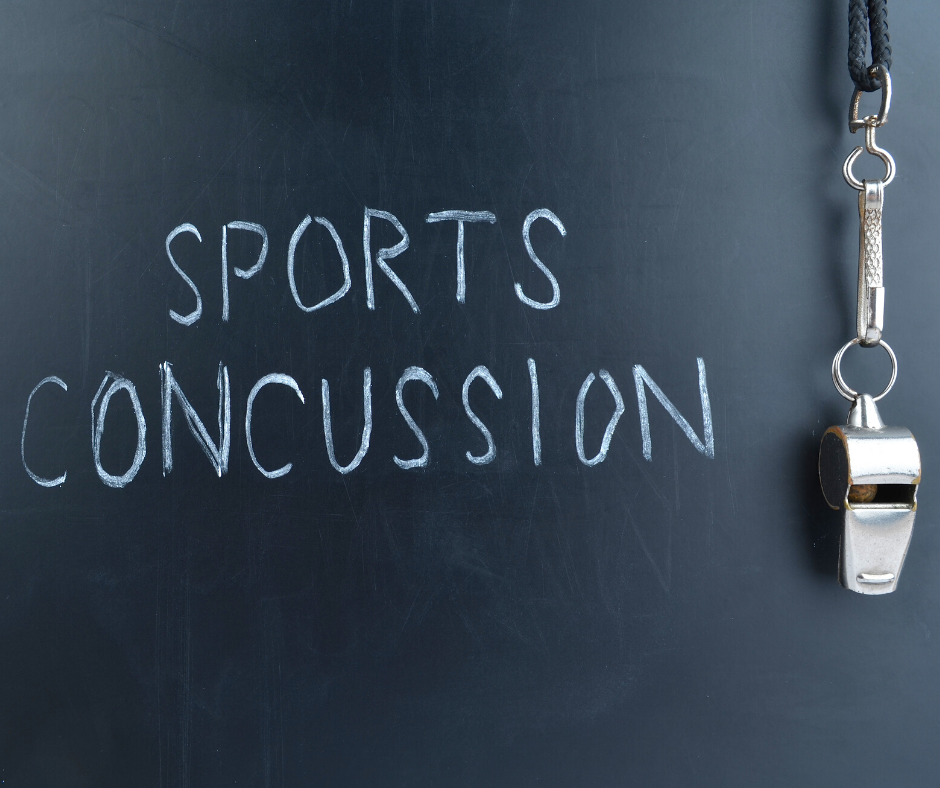
A concussion is a temporary disruption of brain function. This includes things like
memory, reaction time, processing speed, balance, eye movement, and coordination of eye movements with head movements.
A concussion can't be seen on a regular medical tests like a brain MRI. There is no blood test for a concussion. We rely on other types of tests for concussion diagnosis and treatment.
2 Types of Before & After Concussion Tests
The first type of test address brain function. Things like memory, reaction time, and processing speed can be evaluated by neuropsychological testing. The ImPACT (TM) test is a FDA-approved neuropsychological test for concussion diagnosis. The test takes about 30 minutes to completed on a computer.
The second type of test, clinical tests, assess balance and eye movements. Balance is tested with the "Balance Error Scoring System" or BESS Test. Eye movements are tested with the "Vestibular Oculo-Motor Screening" or "VOMS" Test. These tests usually take 20 minutes to complete.
What's Normal for the Individual?
The point of doing a baseline test is to find out what's "normal" for the individual. Not everyone scores the same on memory, reaction time, and processing speed tests of brain function.
The ImPACT baseline test gives scores of the various brain functions it tests. Then, if a concussion is suspected...you take a second test and we compare the the individual 2 scores. There are 2 different ImPACT tests. For kids 5 to 11 years old it is given on an iPad. For anyone 12 or older it's given on a computer using a keyboard and mouse.
Not everyone has good balance, or "normal" eye movements, or "normal" coordination of head and eye movements. The only way to know if balance or eye problems are caused by the concussion is to have baseline clinical testing. If a concussion is suspected, we can retest and compare to the individuals "normal."
Not all concussions cause simultaneous problems with brain function, balance, and the eyes. To make sure a concussion isn't missed, it's important to test all these things.
The other reason for all these tests is that all the areas impacted don't recover at the same time. Some of your balance tests may be normal but some of the eye tests or brain tests may still be off. If you go back to normal activity too soon - especially in sports - you are more likely to be re-injured.
Kids Should Get Tested Before Sports Start

The Centers for Disease Control recommends all kids that play sports have baseline tests including neuropsychological tests like ImPACT, and clinical tests for balance and concussion symptoms like the BESS and VOMS tests.
Concussions don't only happen to kids in after school sports. Concussion happen during gym class, on the playground, or during sports not associated with school.
It is recommended that kids that play sports get tested every year. Whenever possible, the baseline test should be performed before the first sports season starts.
Don't Schools Test Kids?
Some local schools only do the ImPACT tests on some of their students. Usually those that "make" the team. This isn't following the CDC recommendation - the tests should be done on everyone that go through try-outs when they may get a concussion. And for the kids that make the team the schools don't get all the tests done before practice starts.
Baseline tests need to be done before a concussion. So in athletes, it's recommended before any participation - that's before try-outs.
After a Suspected Concussion
If a concussion is suspected, baseline testing is repeated. The ImPACT test is repeated 24 to 72 hours after the injury. We will repeat the clinical balance and eye tests at the same time. Concussions are treated with standard "return to normal activity protocols." In most athletes this is done in 2-3 weeks and, in many, as quickly as 10 days. The blance and eye tests are repeated throughout the "return to activity protocol." A final ImPACT test is repeated at the end of the protocol.
_____________________________________________________________________________________________
Christopher DiPasquale, PhD, PT, OCS, SCS, CHT is a physical therapist at Performance Physical Therapy & Sports Medicine with offices in Hebron and Colchester, Connecticut. He is board certified by the American Board of Physical Therapy Specialties in Orthopedic Physical Therapy and Sports Physical Therapy and a Certified Hand Therapist by the Hand Therapy Certification Committee.
For more information visit pptsm.com or call the office: Colchester 860-537-3014 or Hebron 860-228-4883. We offer baseline and post-concussion ImPACT and Clinical Testing.

